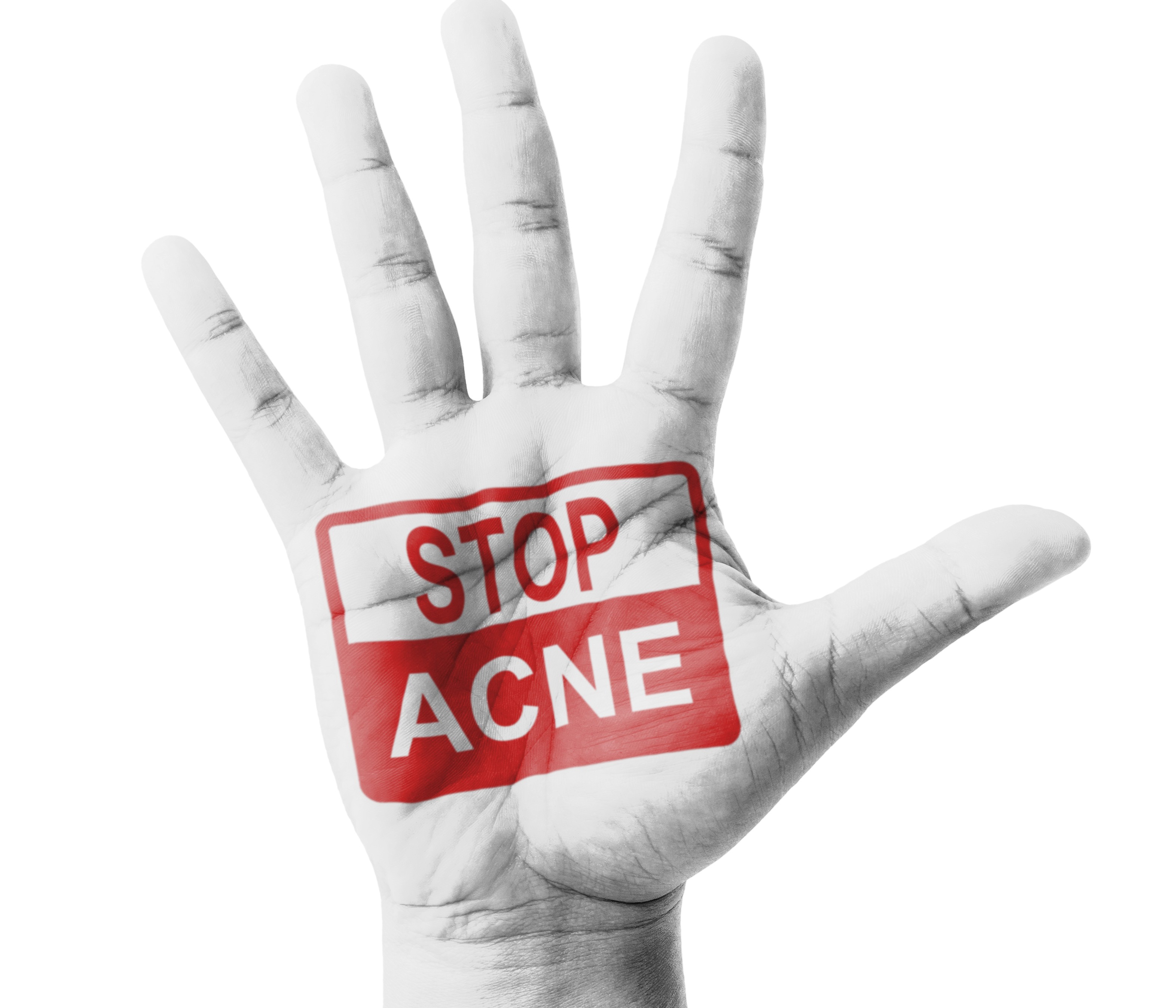Temporomandibular Disorder (TMD)
-
 Reviewed by Greg Grillo, DDS | Last updated 6/7/2023
Reviewed by Greg Grillo, DDS | Last updated 6/7/2023 - Overview
Overview
What is TMD?
Are you suffering from chronic jaw pain, clicking, or discomfort? These may be symptoms of temporomandibular disorder (TMD). TMD is a chronic condition affecting the temporomandibular joints, jaw muscles, and nerves.
TMD vs. TMJ
TMDs are a group of conditions that cause pain and dysfunction in the jaw joint and muscles that control jaw movement. TMDs refer to the disorders, while “TMJ” refers only to the temporomandibular joint itself. There are three main classes of TMD disorders:
- Joints, including disc disorders.
- Muscles used for chewing
- Headaches
Symptoms of TMD / TMJ
The most common symptom of TMD is jaw pain which is often more pronounced early and late in the day. Some of the other common TMD symptoms include:
- Jaw popping or clicking (when opening/closing your mouth)
- Facial swelling
- Bite changes/irregularities (malocclusion)
- Tooth sensitivity
- Headaches (tension headaches or early morning headaches)
- Earache
Diagnosis
The diagnosis of TMD begins with a thorough history and a comprehensive oral health examination. The exams involve an assessment of joint and muscle tenderness, clicking and popping, and ease of movement.
Your dentist also may perform a “clench test” in order to understand the nature of your pain. X-rays and impressions of your upper and lower teeth also are taken so that cast models can be made to study the jaw-to-bite relationship and the position/condition of your temporomandibular joint.
Your dentist can measure forces on the teeth, proper balance of the bite and timing of the bite using a specialized computer bite analysis test (T-scan). This test can help to determine if a structural disorder exists within the joint itself or if interferences in the bite are affecting the joint’s ability to close properly.
TMD / TMJ treatments
There are a wide variety of TMD treatments available to help manage the pain and discomfort associated with the chronic condition.
Obtaining a TMD diagnosis with your dentist is the first step towards developing a TMD treatment plan designed to restore normal jaw functionality. Jaw-to-bite relationship is fully evaluated to determine the extent of your TMD, after which a treatment plan can be created. Regardless of your specific temporomandibular issue, a conservative approach to treatment will be advised.
Many TMD treatments are simple in nature and can be performed at home. TMD surgery is an option that can be considered once all other options have been evaluated in full.
- Traditional TMD Treatments: Traditional TMD treatments revolve around bite correction. This can be performed through basic orthodontics (dental braces, retainers), tooth restorations (bridges, veneers, implants, and dentures), occlusal equilibration, or appliance therapy. Regardless of your specific treatment modality, it’s important to maintain regular dental visits so that progress and overall oral health can be fully evaluated.
- Alternative TMD Treatments: Alternative TMD treatment modalities may include things like transcutaneous electrical stimulation, ultrasound, trigger-point injections, radio wave therapy, and even Botox injections. Botox TMD treatment is particularly interesting because it is routinely associated with cosmetics. Botox is injected into the jaw muscle, essentially blocking nerve signals associated with pain, discomfort, and other TMD symptoms.
Cost of treatment
The average cost of TMD / TMJ treatment is between $500 to $10,000. The costs will vary widely based on the type of treatment.
- Split or night guards: $500-$1,000
- Dental treatments (crowns, bridges, braces): $800-$3,000
- Transcutaneous electrical nerve stimulation (TENS): $150-$300
- Botulinum Toxin (Botox):$500-$800 per session
- Surgical Options (Arthroscopy, Open-joint): $5,000 to $10,000 per joint
To learn more, contact a local dentist near you.
EnhanceMyself.com relies on sources such as professional medical organizations, government agencies, academic institutions, and peer-reviewed scientific journals to write it’s articles. Learn more about how we ensure our content is accurate, in-depth, and unbiased by reading our editorial guidelines.
*Medical Disclaimer: This website does not provide medical advice. Read more.




